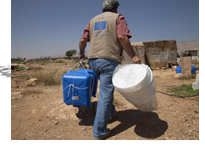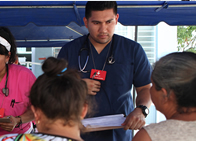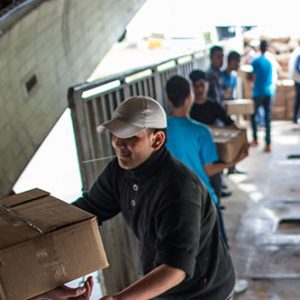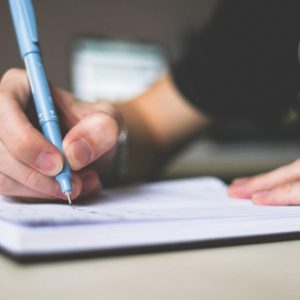DI 011: DIPLOMA IN INTERNATIONAL DEVELOPMENT
The world is rapidly changing and so is International development studies this is after the 15 years period of millennium development came to an end in 2015. A larger set of sustainable development goals were introduced to guide long-term development policies and end global poverty. Development perse is not considered as a problem on the global scene, but issues to deal with migration issues, food security, climate change, and energy crises.
There are massive changes in power relations in Africa, Asia, and Latin America as well as India and China are strengthening their role in International development cooperation. Their platform for giving out AID is different from the western platform and it is important for employees of every humanitarian organization to understand the same so that their organizations are better placed when it comes to getting donor assistance from the two classes of donors. In addition to the traditional donors, new players have entered the scene including foundations and diaspora organizations.
Individual migrants and socially engaged entrepreneurs are acknowledging their role in societal changes by taking responsibility for the social and environmental impacts of production activities and or consumption. As an institution, we have researched this particular issue and we are ready to address current development challenges and engage with these highly important and urgent issues. The program focuses on topics surrounding migration, climate change, land governance urbanization, and corporate social responsibility.
The central objective of the course is to equip learners with conceptual and empirical knowledge as well as research skills necessary to understand and analyze contemporary issues pertaining to International development in broad geographical contexts- local, regional and international levels.
This is an interdisciplinary training course that places particular focus on socio-economic development issues of concern to the developing African countries such as poverty, conflicts, governance, human rights, climate change, and global inequality.
Specific Course Objectives
This course accords students an opportunity to examine development processes, interventions, theories, policies, and government structures in the global arena. It is expected that the student, after having completed the course, will be able to better understand a number of salient issues in the developing world. The student is expected to be able to apply concepts learned in class to the analysis of important issues in development studies.
The course is structured around some key questions including:
• What does “development” mean and does it mean different things to different peoples and cultures?
• How has the historical experience of development influenced theories of development?
• What is the role of the state in development? Has this changed over time and why?
• What role do International development organizations play in development?
• Why are non-governmental organizations (NGOs) increasingly important development actors? What are the limits on the NGO’s role in development?
• How and why does being a woman change your life-chances and roles in the
developing world?
• How and why does being an indigenous person change your life-chances and roles
in the developing world?
• Is foreign aid effective?
• What is sustainable development and how can it be achieved?
Furthermore, it is hoped that the student will reflect on ethical issues behind his or her personal commitment to development studies, and indeed, the endeavor of “development” itself. Why do we commit ourselves to practice economic development? What right do we have to impose development on the Third World? Do these “others” even want to be “developed”? Is it even possible to practice development in a way that is respectful of local knowledge, cultures, and diverse individual aspirations?
Course Begins on the 1st of every month for Six Months.
Course Level: Diploma Course
Cost: Amount €1000




